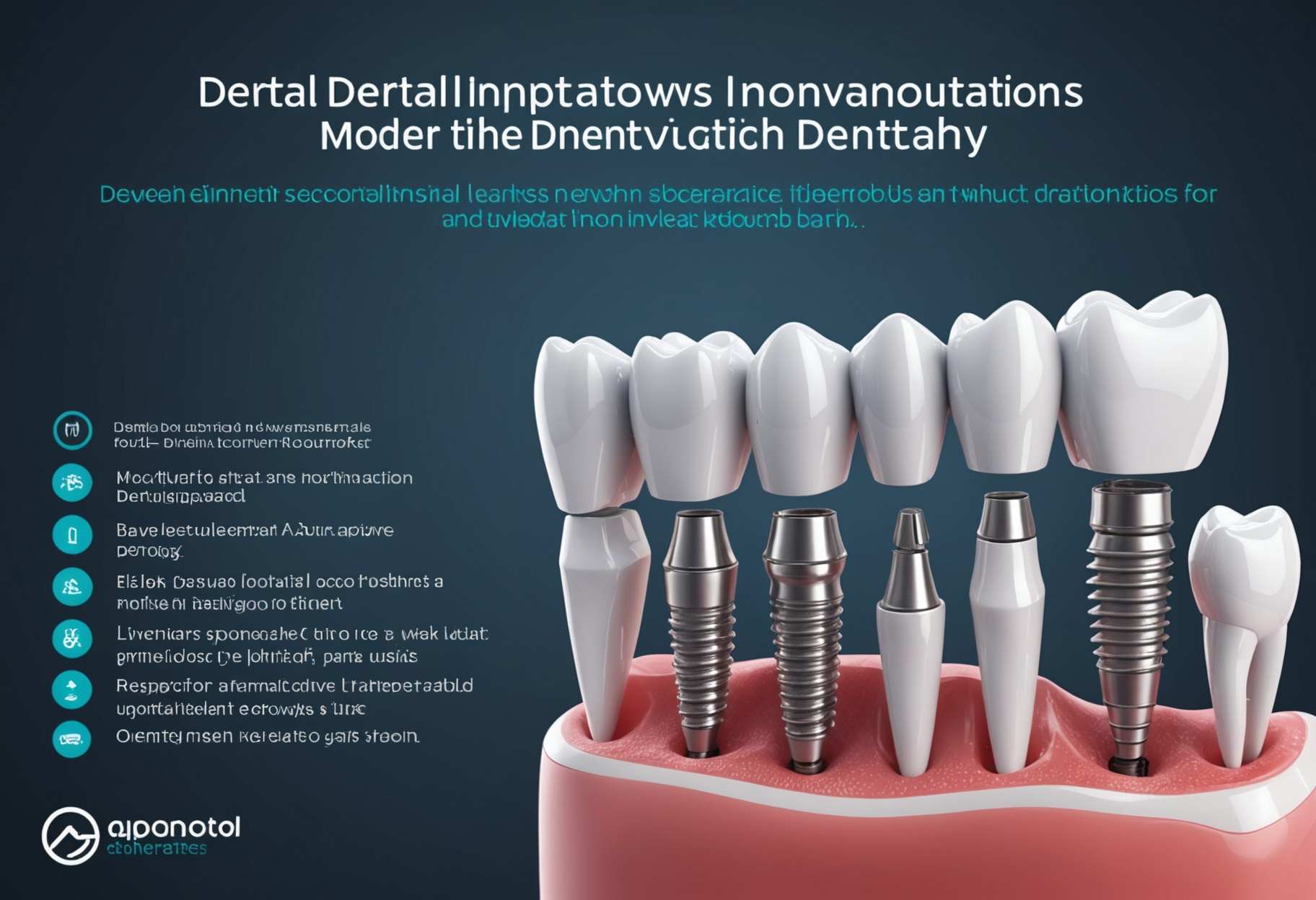Ensuring Quality Healthcare with Medicare Advantage Plans.

Health insurance Advantage plans provide an alternative method for accessing your health insurance benefits, frequently offering added advantages and conveniences. This article examines the benefits and considerations of Health insurance Advantage plans to help ensure that you receive high-quality healthcare throughout your retirement.
Comprehensive Coverage: Health insurance Advantage plans generally consolidate hospital, medical, and prescription drug coverage within a single plan.
Additional Benefits: Investigate the supplementary benefits that Health insurance Advantage plans may include, such as dental, vision, hearing, and wellness programs.
Provider Networks: Gain an understanding of how provider networks function within Health insurance Advantage plans, encompassing HMOs and PPOs.
Cost Savings: Consider the potential cost savings linked to Health insurance Advantage plans, as they often present lower premiums compared to traditional health insurance.
Out-of-Pocket Maximums: Learn how Health insurance Advantage plans limit your yearly out-of-pocket expenses to offer financial security.
Coordination of Care: Health insurance Advantage plans frequently coordinate your healthcare services to guarantee that you receive comprehensive and well-managed care.
Prescription Drug Coverage: Ascertain whether prescription drug coverage is included in your Health insurance Advantage plan and how it relates to standalone Part D plans.
Plan Selection: Reflect on your healthcare requirements, financial situation, and preferred providers when selecting a Health insurance Advantage plan.
Health insurance Part A (Hospital Insurance): Delve into the coverage provided by Health insurance Part A, which encompasses hospital stays, hospice care, and certain home health services.
Health insurance Part B (Medical Insurance): Familiarize yourself with the medical services included under Health insurance Part B, such as doctor visits, preventive care, and outpatient services.
Health insurance Part C (Health insurance Advantage): Understand Health insurance Part C, which integrates the benefits of Part A, Part B, and often Part D into a single comprehensive plan, typically provided by private insurers.
Health insurance Part D (Prescription Drug Coverage): Recognize the significance of Health insurance Part D for prescription drug coverage and the criteria for selecting the right plan.
Medigap (Health insurance Supplement Insurance): Comprehend the function of Medigap plans in bridging the coverage gaps left by Original Health insurance (Part A and Part B).
Enrollment Periods: Be mindful of the various enrollment periods for different health insurance components and their respective importance.
Costs and Premiums: Assess the expenses associated with each part of health insurance, including premiums, deductibles, and co-pays.
Provider Networks: Take into account the differences in provider networks between Original health insurance and Health insurance Advantage plans.
By comprehensively understanding the benefits and potential limitations of Health insurance Advantage plans, you can make a knowledgeable choice that aligns with your healthcare preferences and requirements.
LATEST POSTS
- 1
 Dental Implant Innovations: Revolutionizing Modern Dentistry
Dental Implant Innovations: Revolutionizing Modern Dentistry - 2
 The Evolution and Impact of Dental Implant Technology on Oral Health
The Evolution and Impact of Dental Implant Technology on Oral Health - 3
 The Evolution of Trucking: Steering Towards a More Connected Future
The Evolution of Trucking: Steering Towards a More Connected Future - 4
 Trucking Along: The Backbone of Global Commerce
Trucking Along: The Backbone of Global Commerce - 5
 The Rhythms of the Road: Trucking’s Melody in the Economy’s Orchestra
The Rhythms of the Road: Trucking’s Melody in the Economy’s Orchestra
Share this article




